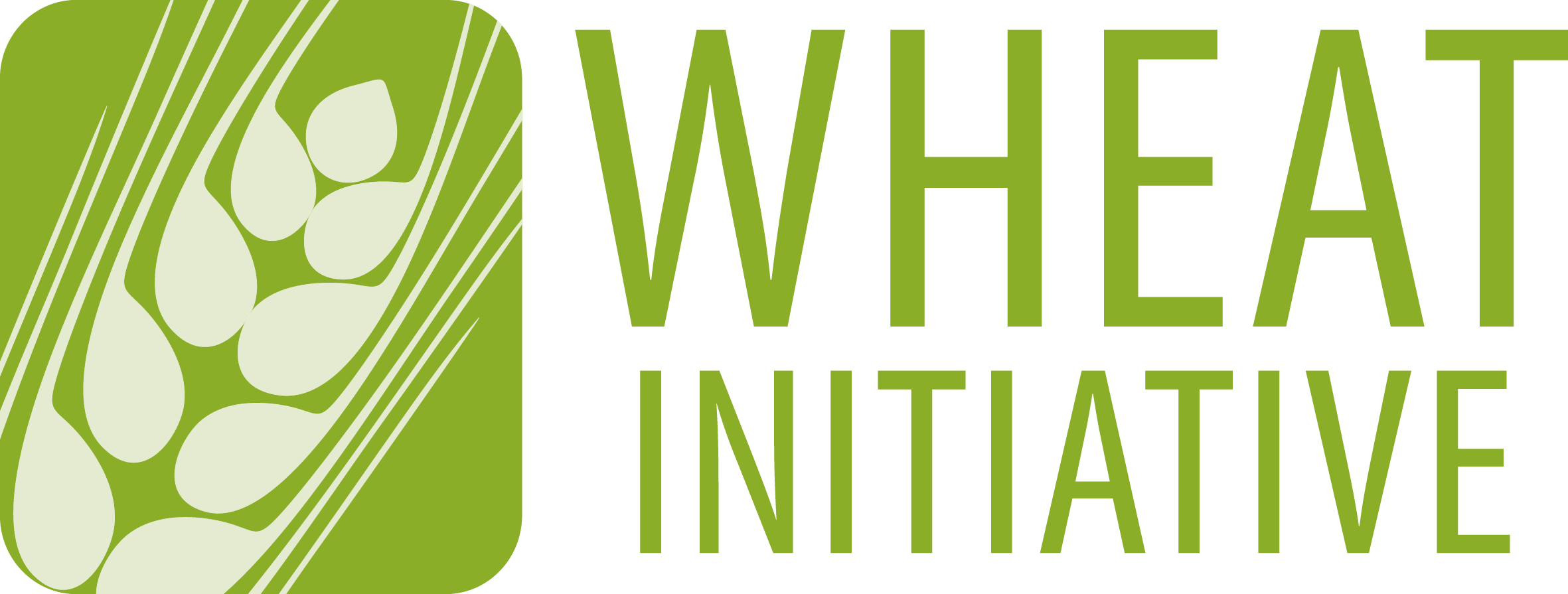In the 8th edition in the GFAR Talks series, two eminent speakers will explore how research, that has so far focused on mainstream crops grown as monocultures, requires a paradigm shift if we are to transform the agrifood system.
Emile A. Frison is an expert on agricultural biodiversity, agroecology and sustainable food systems. He is Senior Advisor to the Agroecology Coalition and member of the International Panel of Experts on Sustainable Food Systems (IPES-Food). A Belgian national, he spent his entire career in international agricultural research for development, including six years in Africa in Nigeria and Mauritania. He was Director General of Bioversity International from 2003 to 2013. Since 2013, Dr Frison focuses on advancing sustainable agriculture and food systems. He is the lead author of the IPES-Food report “ From Uniformity to Diversity: a paradigm shift from industrial agriculture to diversified agroecological systems”. He is a member of the Africa Europe Foundation Strategy Group on Agriculture, and is author or co-author of over 175 scientific, technical and policy papers.
Romano De Vivo has championed sustainable agriculture for over two decades. As a sustainability leader at CropLife International, he steers the organization's environmental initiatives and forges partnerships, prioritizing innovative farming, adaptive food systems, and impactful climate solutions.
Romano earned his doctorate in Agricultural Economics from the University of Salerno. His commitment to lifelong learning also took him to STOA and MIT's Sloan School of Management for his MBA, alongside a Masters in Environmental Governance from the Graduate Institute of Geneva.
Before CropLife, he contributed to sustainability and environmental strategies at global frontrunners Givaudan and Syngenta. Beyond the corporate sphere, Romano engages in public research and shares his expertise as a lecturer at the University of Piacenza and the University of Freiburg's Center for Corporate Social Responsibility and Sustainability.
With roots in Italy and Switzerland, Romano's blended heritage provides a unique lens, positively shaping the future of sustainable agriculture.
